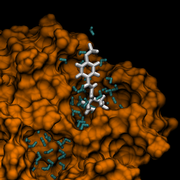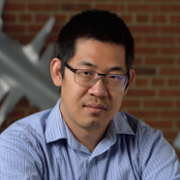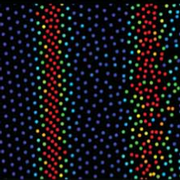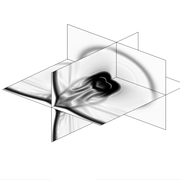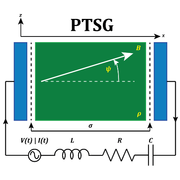Labs
Scientific Leader: Dr Alex Dickson
Combining knowledge of pharmacological biophysics, network modeling, and rare event sampling methods, the Dickson laboratory uses computational techniques such as molecular dynamics to simulate the motions of biomolecules (protein, RNA and DNA).
Scientific Leader: Dr. Adam Alessio
MIDI Lab is a multidisciplinary team committed to advancing the analysis and integration of medical imaging information and biomedical data for targeted, precise disease treatment.
Scientific Leader: Huan Lei
Our group focuses on computational mathematics, particularly in scientific machine learning (SciML) and multi-scale modeling related to fluid physics, materials science, and biophysics. As part of the broader field of AI for Science, we develop numerical algorithms for constructing accurate and structure-preserving ML-based models of multi-scale systems directly from the first-principle-based descriptions.
Scientific Leader: Dr. Michael Murillo
Our group is involved in the two seemingly disparate research directions of computational plasma physics and agent-based modeling. In both cases, we employ computational methods for interacting many-body systems to understand the collective dynamics of the systems we study.
Scientific Leader: Dr. Dirk Colbry
The SEE-Insight Team is developing intelligent image understanding tools which focus on common workflows used in scientific image understanding across science and engineering applications.
Scientific Leader: Dr. Andrew Christlieb
There are three categories of applications our group considers. The first is related to modeling complex multi physics problems in plasma science. The second area we work on is the development of methods that are aimed at solving interface problems in polymer membranes; think fuel cells, solar cells and batteries. The third area we work on is the development of ultra fast methods (sub-linear methods) for identification of sparse signals.
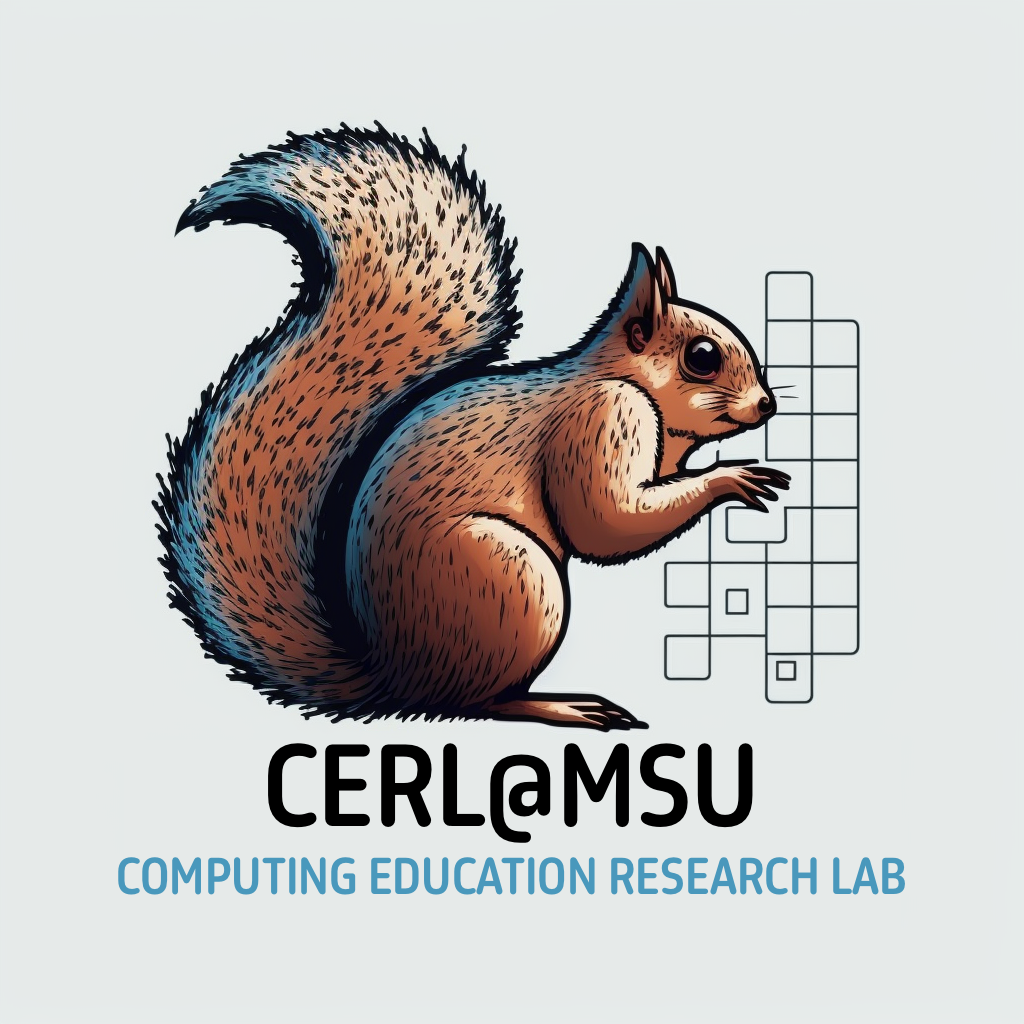
The Computing Education Research Lab (CERL)
Scientific Leaders: Dr. Danny Caballero, Dr. Brian O'Shea, and Dr. Devin Silva
The Computing Education Research Lab (CERL) at MSU is an interdisciplinary collaboration that studies how students learn to do computational work and their attitudes about doing that work. In particular, we explore how students learn to integrate computing into their education outside of traditional computer science courses
Scientific Leader: Danny Caballero
We are building a research activity using modern analytical tools such as machine learning network analysis, natural language processing, and simulation to research science education.
Scientific Leader: Elizabeth Munch
We are a group of mathematicians and data scientists interested in interdisciplinary research, topological data analysis, and finding and implementing ways to improve the STEM culture. Loosely based, we work on three topics: Topological Time Series Analysis, Graphical signatures and interleaving distances, Image Processing, and plant morphology.
Scientific Leader: Dr. John Verboncoeur
Theoretical and computational plasma physics, with a broad range of applications spanning from low temperature plasmas for lighting, thrusters and materials processing to hot plasmas for fusion; from ultra-cold plasmas to particle accelerators; from beams to pulsed power; and from intense kinetic nonequilibrium plasmas to high power microwaves.
Scientific Leader: Dr. Saiprasad Ravishankar
The SLIM group (Dr. Saiprasad Ravishankar) works on problems in computational imaging, image reconstruction, machine learning, signal processing, and optimization. The group focuses on smart imaging systems, with the development of models, machine learning methods, and theory.
